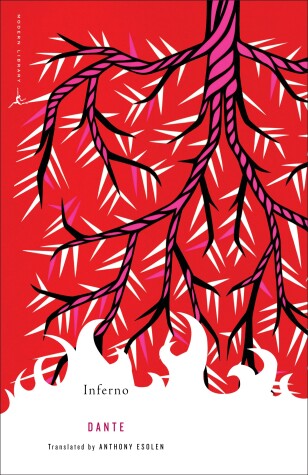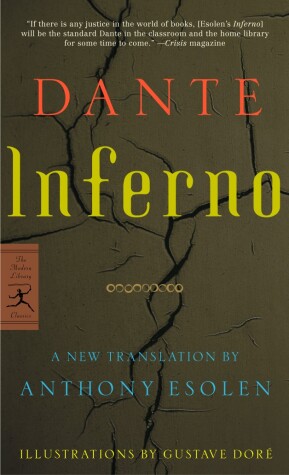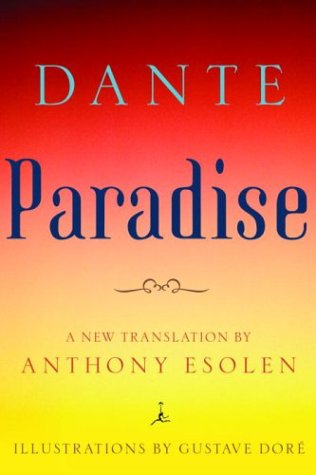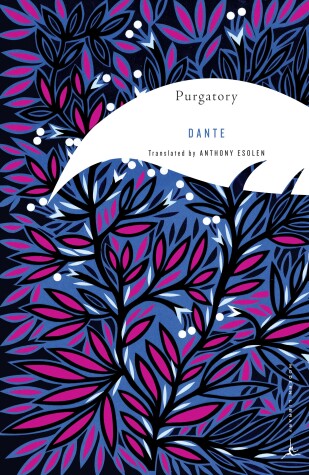The Divine Comedy
1 primary work • 4 total works
Book 1
Illustrations by Gustave Doré
A groundbreaking bilingual edition of Dante’s masterpiece that includes a substantive Introduction, extensive notes, and appendixes that reproduce Dante’s key sources and influences.
Of the great poets, Dante is one of the most elusive and therefore one of the most difficult to adequately render into English verse. In the Inferno, Dante not only judges sin but strives to understand it so that the reader can as well. With this major new translation, Anthony Esolen has succeeded brilliantly in marrying sense with sound, poetry with meaning, capturing both the poem’s line-by-line vigor and its allegorically and philosophically exacting structure, yielding an Inferno that will be as popular with general readers as with teachers and students. For, as Dante insists, without a trace of sentimentality or intellectual compromise, even Hell is a work of divine art.
Esolen also provides a critical Introduction and endnotes, plus appendices containing Dante’s most important sources—from Virgil to Saint Thomas Aquinas and other Catholic theologians—that deftly illuminate the religious universe the poet inhabited.
In this, the concluding volume of The Divine Comedy, Dante ascends from the devastation of the Inferno and the trials of Purgatory. Led by his beloved Beatrice, he enters Paradise, to profess his faith, hope, and love before the Heavenly court. Completed shortly before his death, Paradise is the volume that perhaps best expresses Dante’s spiritual philosophy about resurrection, redemption, and the nature of divinity. It also affords modern-day readers a clear window into late medieval perceptions about faith. A bilingual text, classic illustrations by Gustave Doré, an appendix that reproduces Dante’s key sources, and other features make this the definitive edition of Dante’s ultimate masterwork.
A new translation by Anthony Esolen
Illustrations by Gustave Doré
Written in the fourteenth century by Italian poet and philosopher Dante Alighieri, The Divine Comedy is arguably the greatest epic poem of all time—presenting Dante’s brilliant vision of the three realms of Christian afterlife: Inferno, Purgatory, and Paradise. In this second and perhaps most imaginative part of his masterwork, Dante struggles up the terraces of Mount Purgatory, still guided by Virgil, in a continuation of his difficult ascent to purity. Anthony Esolen’s acclaimed translation of Inferno, Princeton professor James Richardson said, “follows Dante through all his spectacular range, commanding where he is commanding, wrestling, as he does, with the density and darkness in language and in the soul. It is living writing.” This edition of Purgatory includes an appendix of key sources and extensive endnotes—an invaluable guide for both general readers and students.



